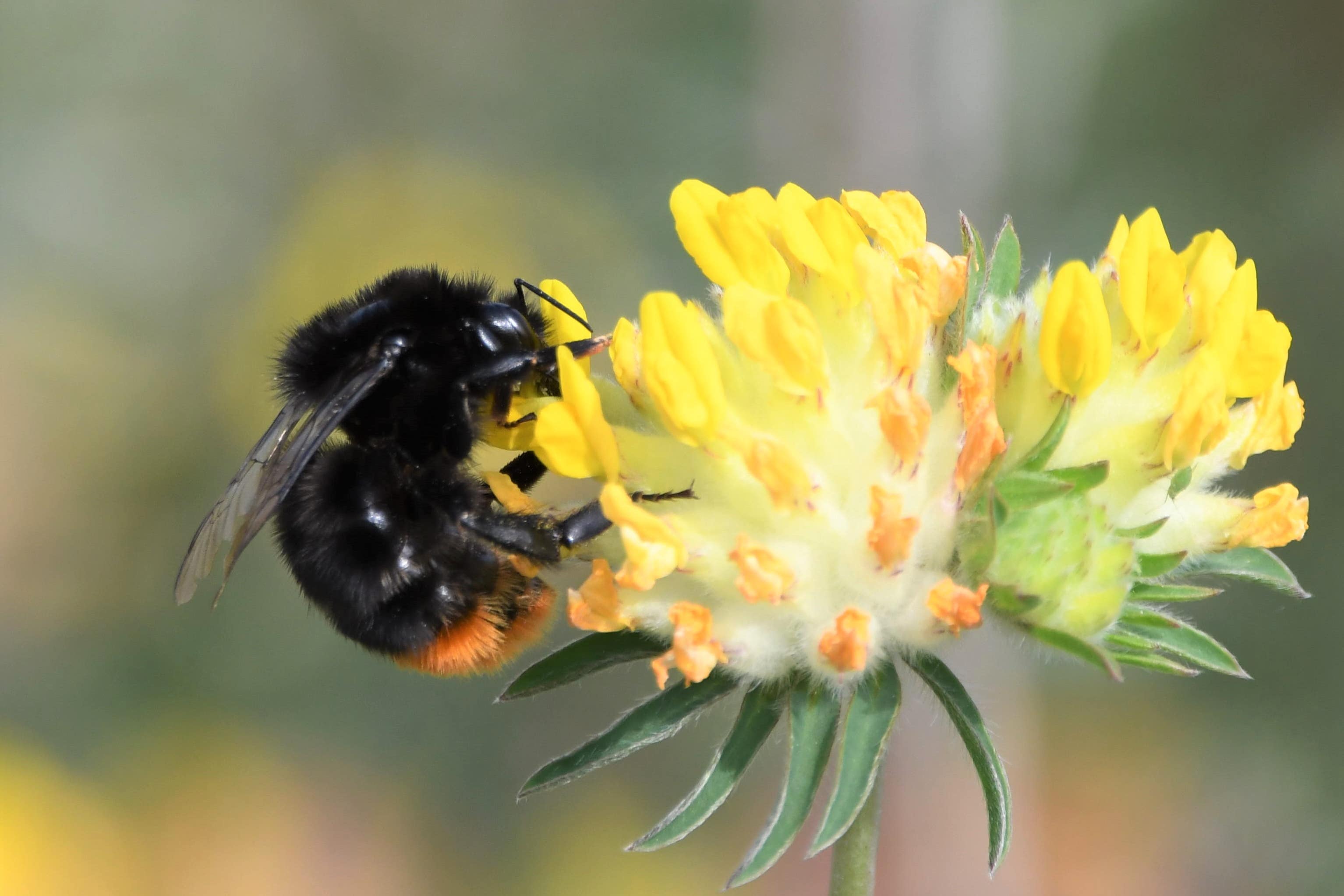Bees flourishing thanks to new wildlife corridors in South Downs National Park
To mark World Bee Day, the national park authority is celebrating the progress made by the wildlife corridor initiative.

Your support helps us to tell the story
From reproductive rights to climate change to Big Tech, The Independent is on the ground when the story is developing. Whether it's investigating the financials of Elon Musk's pro-Trump PAC or producing our latest documentary, 'The A Word', which shines a light on the American women fighting for reproductive rights, we know how important it is to parse out the facts from the messaging.
At such a critical moment in US history, we need reporters on the ground. Your donation allows us to keep sending journalists to speak to both sides of the story.
The Independent is trusted by Americans across the entire political spectrum. And unlike many other quality news outlets, we choose not to lock Americans out of our reporting and analysis with paywalls. We believe quality journalism should be available to everyone, paid for by those who can afford it.
Your support makes all the difference.Wildflower habitats the size of 163 football pitches have been created in the South Downs National Park to help bees flourish.
The 66 hectares of habitat have been grown as part of the Bee Lines initiative to provide a “road system” for pollinating insects to move from one area to the next through the protected area.
To mark World Bee Day (May 20), the national park authority is celebrating the progress made by the wildlife corridor initiative which has included 18 projects in Hampshire and Sussex receiving a total of £95,000 in funding.
Nick Heasman, a countryside policy manager for the South Downs National Park who has been helping to lead Bee Lines, said that early data was encouraging and showed that bee and butterfly populations were bouncing back in the area.
He said: “Bees are busy ecosystem engineers and by pollinating flowers they create food for other wildlife and, of course, humans. In fact, one out of every three mouthfuls of our food depends on pollinators such as bees.
“Bee Lines is just one strand of the National Park’s ReNature campaign and it’s incredibly exciting to see nature recovery in action.”
Pupils and staff at Prince’s Mead School in Winchester have spent two years planting and cultivating a wildflower meadow in the school grounds.
School bursar Poppy Hughes said: “The children clearly gain a huge amount of educational value from spending time making observations of the flowers and pollinating insects.
“We have without a doubt seen an enormous increase in biodiversity resulting from the new meadow as the children have identified snails, mice, buzzard as well as many species of butterflies and bees.
“In addition to raising children’s awareness of the importance of pollinating insects in the food chain, the wildflower meadow is also a wonderful source of peace, beauty and tranquillity.”
Sophie Green, of Dales Farm, Northchapel, West Sussex, said: “Our wildflower plantings are situated in the field where our shepherd’s hut rentals are and we’ve had so many compliments and amazing feedback from guests about how lovely it is.”